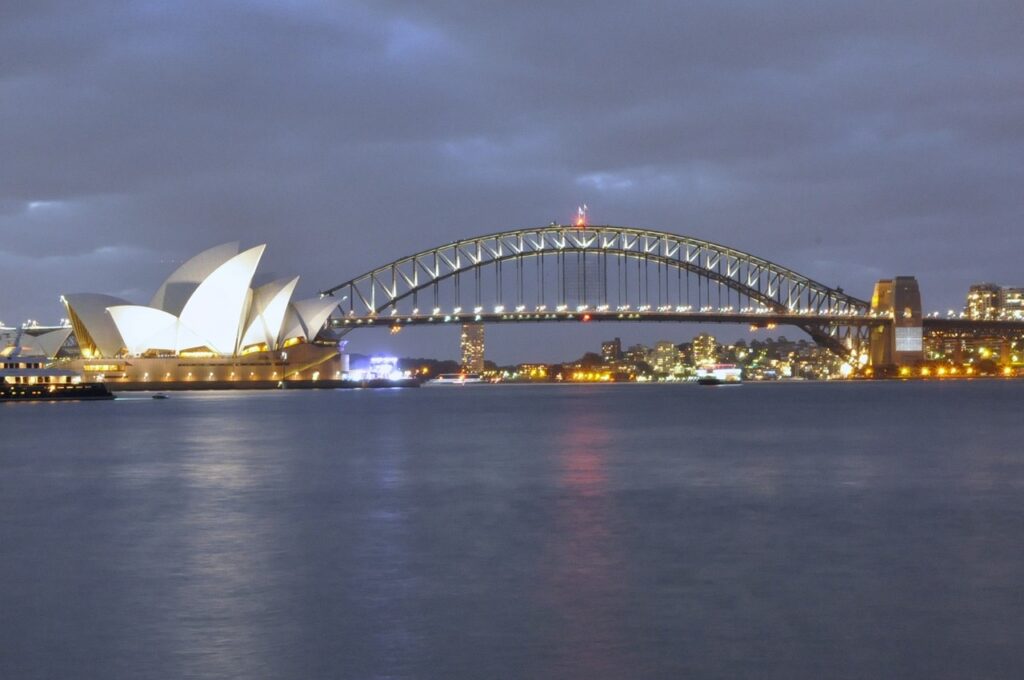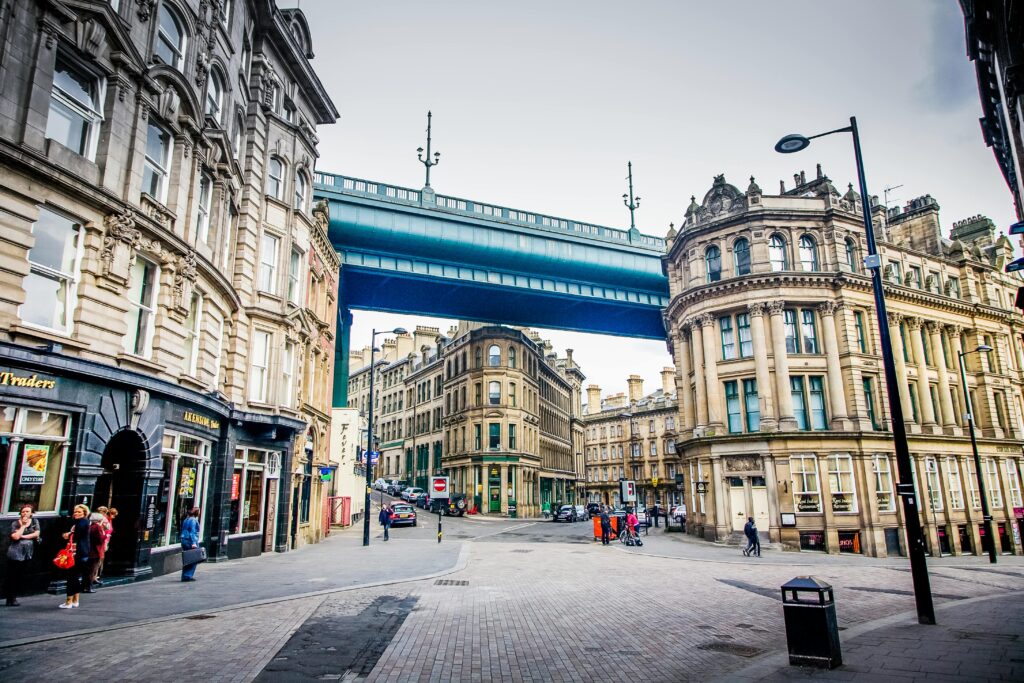Is this what you are facing currently?
You applied for an Australian visa and were expecting that the processing of your application would take a short time, however, that’s not the case.
You find yourself waiting longer than expected. It’s been a long now and you haven’t heard anything from the Australian immigration authorities.
Long waiting happens with visa applications and they are caused by several factors that we will discuss here.
However, if you are currently facing a long waiting with your visa, you should first, check your application status through your ImmiAccount.
You will know if any of the following reasons is the cause of the delay.
Why is my Australian visa taking so long?
If your Australian visa application is taking longer than you expected, it is due to any of the following reasons.
-
The type of visa you applied for
Not many applicants know this, but visa type is a huge factor – the type of visa you’ve applied for can make the processing time take so long.
For example, if you apply for a visitor visa, they don’t take so long.
Read also: How does IRCC verify work experience?
Visitor visas are usually processed faster than skilled migration or partner visas.
This is because for a visitor visa to be processed, it requires the applicant’s basic information like travel plans and proof of funds, which can be verified relatively quickly.
On the other hand, skilled migration visas require a thorough assessment of the applicant’s qualifications, work experience, and sometimes language proficiency, which causes longer processing times.
Read also: How to delete uploaded files in the IRCC portal
Similarly, partner visas require applicants to provide extensive evidence of a genuine relationship like proof of cohabitation, joint finances, and social commitments, which requires proper checks by the immigration authorities to confirm the details.
-
The volume of applications received by the immigration authorities
The volume of visa applications received by the Department of Home Affairs can directly prolong the processing time of your visa application.
During peak seasons or when there’s a surge in applications, Australian immigration officers have more cases to review, leading to extended processing times.
They’ll have a larger volume of cases to walk through while ensuring each application receives thorough consideration.
Additionally, when there is a change in immigration policies like a new visa program or a global event taking place in Australia, it can lead to a surge in applications.
As a result, you will experience delays because immigration officers have more work to handle.
-
Discrepancies in your information
After submitting your visa application, the Australian immigration officers thoroughly verify all the documents you submitted with your application.
If there are discrepancies or missing information in your documents, officers will need additional time to verify your information or request clarification.
This happens often with documents like educational certificates, employment records, financial statements, and relationship evidence for partner visas.
Read also: Is it easy to get PR in Australia after study?
Once the officers notice any inconsistencies or discrepancies in your documents, they’ll have to delay your application to further verify the reason for the differences.
This is why you need to double-check your application and ensure that all information is accurate before you submit your application.
-
A surge in priority visas
Some visas, like humanitarian or refugee visas, receive priority processing due to how urgent they are.
This prioritization can affect the processing times of other visa categories.
Humanitarian visas are often expedited to address critical needs, like providing refuge to people fleeing persecution or conflict zones.
As a result, resources and manpower will be redirected to prioritize these urgent cases, potentially leading to longer processing times for non-priority visa categories.
If you apply for a visitor visa when there are many priority cases to handle, your application will take longer to be processed.
-
If you need further health or character checks
All visa applicants must meet health and character requirements as part of the visa application process.
If during the processing of your application, the authorities find out that you do not meet either the health or character requirements.
It will raise a concern about your application – you can be asked to redo your health check or provide further evidence of good character.
If you want to apply for an Australian visa, you may be asked to do chest x-rays, and blood tests to ensure you meet Australia’s health standards.
Read also: How to find part-time jobs in Australia for international students
Similarly, the authorities will run a background check, police clearances, and declarations of any criminal history.
Delays can occur if they find issues that require further investigation.
-
Immigration policy change
Updates or changes in immigration policies or regulations can affect visa processing times.
When policies change, it might take immigration officers time to adapt procedures, which can cause temporary delays until the new processes are streamlined.
For example, any change in visa eligibility criteria, document requirements, or processing guidelines means further scrutiny of every application which can lead to delay.
-
Technology and system upgrades
The Department of Home Affairs periodically updates its systems and technology to improve efficiency.
However, these upgrades initially cause delays as officers adapt to new processes and systems.
Training staff on new systems, migrating data, and ensuring seamless integration will take time, and it will also affect visa processing time.
-
Missing documents
Another common reason for delays in visa processing is missing or incomplete documents.
If you fail to submit all required documents or if the submitted documents are incomplete or inaccurate, it can lead to processing delays.
Visa officers rely on these documents to assess your eligibility, verify your information, and make decisions on your application.
When documents are missing or insufficient, the officer will request additional information or clarification which will extend the processing time.
-
Biometrics collection requirements
Depending on the visa type and your country of origin, you can be required to come for biometric data collection or attend interviews.
If your visa type requires you to attend biometric collection or interview, scheduling these appointments and processing the information will certainly prolong the processing time.
Other factors like global events, political changes, or public health crises (like the COVID-19 pandemic), can also prolong the processing of your Australian visa application.
In addition, border closures, travel restrictions, and operational challenges can also affect the speed at which your visa application will be processed.
Read also: Can I travel while waiting for my passport?
Once your visa is being prolonged, check the status of your application and identify the particular reason for the long processing time.
It will help you resolve the issue delaying the processing of your visa.
Although, sometimes, there’s nothing you can do but wait for officials to fix the delay.
Once the processing of your visa is prolonged beyond its expected date, below is what you can do:
What can you do?
- Check your application status: After submitting your Australian visa application, regularly check your application status (through the Department of Home Affairs’ online portal), to know why your application is taking so long to be processed.
- Ensure you submit accurate information about yourself: Ensure that all information in your visa application is accurate and complete. Any discrepancies or missing details will delay your application or even lead to rejection.
- Respond promptly (if there is any issue): If the Department of Home Affairs requests that you provide additional documents, respond promptly to avoid prolonging the processing time.
- Contact the embassy if you need to: If you’re facing prolonged delays or have concerns about your visa application, you can contact the Australian embassy where you submitted your application to know what is going on with your application. They will be glad to work with you in resolving any cause of delay.
There are many reasons why your Australian visa can take so long to process. Some can be caused by you while others are common with visa processing.
Read also: Can you use a passport right after you receive it?
When your visa is taking so long to process, check the status of your application to know the cause of the issue and the measures you need to take to resolve it.



